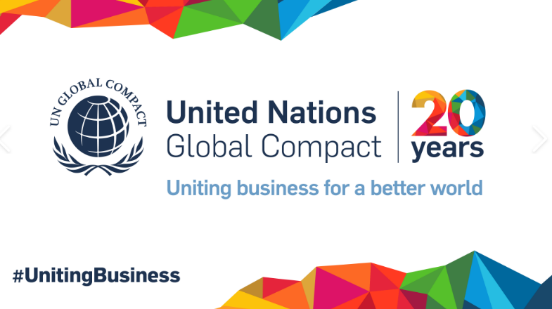Our Environmentally Conscious ESG ETFs
VanEck offers four regional ETFs that incorporate ESG-based measures into their selection:

- Tracks the performance of the portfolio of relatively, attractively-priced US equities
- Companies with long-term competitive advantages according to Morningstar
Lower risk
Higher risk
Typically lower reward
Typically higher reward

- Gain exposure to China’s New Economy
- Emerging middle class and the new digital generation to drive consumption
- ESG filter based on OWL ESG scores
Lower risk
Higher risk
Typically lower reward
Typically higher reward

- Equally-weighted, diversified global portfolio
- ESG screening by ISS ESG excludes companies in violation of UNGC principles and producers of controversial weapons
Lower risk
Higher risk
Typically lower reward
Typically higher reward

- Equally weighted, diversified exposure to European companies
- ESG Screened portfolio constructed in line with the UN Global Compact Principles
Lower risk
Higher risk
Typically lower reward
Typically higher reward




